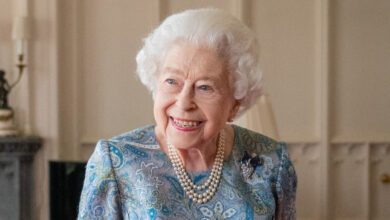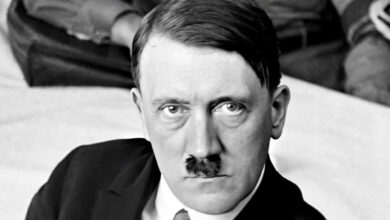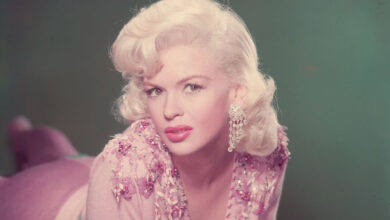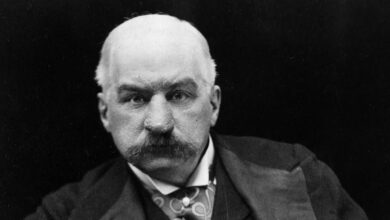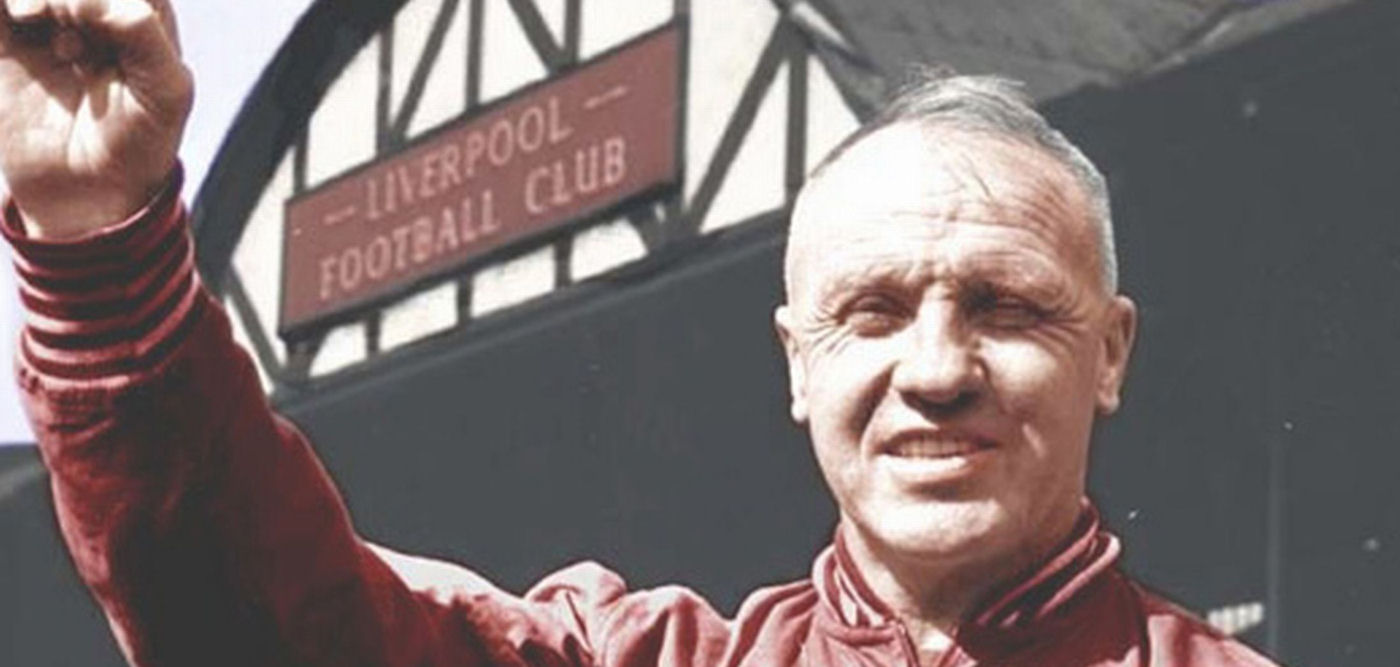
“Some people think football is a matter of life and death. I assure you, it’s much more serious than that” – Bill Shankly
Podcast: Play in new window | Download
Subscribe: Spotify | Amazon Music | Youtube Music | RSS
Bill Shankly Biography
First things first. Whenever I mention football in this episode, and especially for those of you outside Europe, I am talking about soccer, not American Football, and it is the football which has always been an institution in Europe, particularly in England. Many people believe the modern version of the sport was invented in England with the first “official” football match taking place in 1863 in Battersea Park, London. Maybe it is due to the game’s origins that some of the World’s most recognisable football clubs have come to be known internationally and are some of the most influential brands on Earth. One club in particular, Liverpool, has been consistently one of the best in the nation and many football aficionados believe this is due to the work of one man: former manager Bill Shankly.
Shankly was born in a small mining village called Glenbuck in Scotland on September 2, 1913. His family was poor and had to work hard to provide for Bill and his nine siblings. Education was not a priority, and like most children in the town, Bill left school at fourteen and started working in the coal mines. As is often the case, professional sports offered an escape for poor children, and Shankly dreamed of making it out of the mining town by becoming a professional footballer. He signed with Carlisle United in 1932, and then later moved to Preston North End. He played for Preston North End for 16 years, during which time, in 1938, they won the FA Cup.
Following World War II, in 1949, Shankly returned to Carlisle United to serve as their manager. Few people who knew him were surprised by this; a former teammate from Preston North End said that “he was always a football fanatic, you could tell from the moment he left playing that he was going to be a manager.” However, Shankly didn’t set the World on fire with his performance as a manager. Over the next ten years, he went on to manage several clubs, without any significant success. However, people noticed his devotion to the game and in 1959, he was approached by Liverpool Football Club and was asked to become their manager.
Liverpool was at this time a second-rate team made up of players and directors who were content to just muddle along. They had very little drive or desire to succeed. The man who would eventually take over for Shankly, Bob Paisley, described the Liverpool pre-Shankly as a happy-go-lucky, slap-happy place. Shankly would change every aspect of how the club operated. Most notably, he brought back loyalty and work ethic. As journalist James Corbett noted, “He [Shankly] made everyone involved believe that Liverpool was the best team in the world even at a time when they were, quite palpably, the second best in their city.”
Shankly also made a name for himself as a manager by carefully nurturing young, talented players. Legendary player Tommy Smith joined Liverpool at the age of only fifteen. Having lost his father only a short time before joining the team, the young boy was going through many difficult changes. Shankly stepped up and took care of Smith. John Toshack, another young player who joined the team at the age of twenty-one, remembers this side of Shankly well. “He inspired us in every way,” said Toshack, “his belief in Liverpool Football Club, the standards he set for himself and for the club, the intensity that he went about his job. His quote about football being more important than life or death, he really felt that way. He rammed it into us how important it was to be playing for Liverpool, how privileged we were to be playing for these people. We really believed that.”
But things weren’t all happy for Shankly. He struggled mightily in the offseasons, falling into a depression and repeatedly threatening to resign. As a result of these constant threats, when Shankly did finally tell Liverpool’s chief executive Peter Robinson in 1974 that he was retiring for good, Robinson didn’t believe him. But on July 12, 1974, Shankly made it official and he announced his plans to a stunned football community in a press conference. Looking back on it, player Brian Hall compared it to a moment in time similar to the assassination of President Kennedy when he said, “I couldn’t believe it because he was so besotted with the game, with Liverpool Football Club, and with the fans.”
Shankly’s retirement led to a strained relationship with the club he helped build. He felt that post-retirement, Liverpool forgot about him and all the things he had done for them. He felt he should be invited to away games as a guest, and wrote in his autobiography of Everton, the second football club in the city, and Liverpool’s most bitter rival, that “I have been received more warmly by Everton than I have by Liverpool. It is a scandal that I must write these words about the club I helped to build.” Liverpool felt that Shankly’s constant involvement was inappropriate as he had retired, and saw his recurring presence as an affront to the new manager, Bob Paisley.
He may have had a point though as his record speaks for itself. While Bill Shankly was their manager, Liverpool won the 2nd Division championship in 1963 gaining promotion to the top flight of English football where they have stayed ever since. They went on to win the 1st Division title three times in 1964, 1966 and 1973, the FA Cup twice in 1965 and 1974, the FA Charity Shield four times in 1964, 1965, 1966, and 1974, and they also won the UEFA Cup in 1973. Shankly also won manager of the year award in 1973 and in 1974 he was awarded an OBE.
Shankly did eventually move on though, hosting a football talk show on Radio City 96.7. He also worked as an advisor for two other football teams, Wrexham and then Tranmere Rovers. He kept in touch with his former players too, helping and advising John Toshack when he became the manager of Swansea City.
Shankly remained in incredibly good shape as he aged, and his death from a heart attack on September 29, 1981, was a surprise to many. As he would have wished, on his death, he found a permanent home on the football pitch, as his ashes were scattered on the hallowed turf of Liverpool Football Club.
Podcast: Play in new window | Download
Subscribe: Spotify | Amazon Music | Youtube Music | RSS

